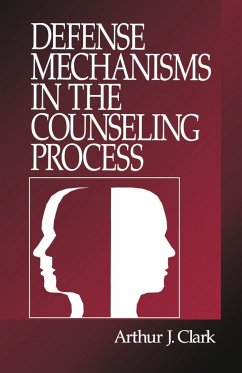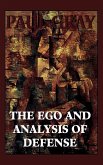`[The client material]... stimulated thought and reflection... Clark presented a large number of very tricky case studies and illustrated all manner of different and interesting ways of responding to clients who find it difficult to engage with the process of counselling. Furthermore, this is done in the framework of a model of counselling which integrates humanistic, psychodynamic and cognitive-behavioural theories in a most interesting and convincing way. In the end, I learned quite a lot and found myself pondering the case histories days later' - Counselling, The Journal of the British Association for Counselling The understanding of defence mechanisms is vital to counsellors and psychotherapists, particularly those who use psychodynamic models to inform their practice. This volume presents a systematic approach to identifying and modifying client defence mechanisms in the counselling process. Arthur J Clark discusses specific defence mechanisms, and presents their theoretical origins, psychopathology and definitions. Then, using a three-stage model of the counselling process, he examines methods for dealing with these defence mechanisms at appropriate stages of counselling. Clark provides extensive examples throughout that both illustrate the mechanisms and the therapeutic change that can result in spite of them. He also includes an integrative case example which demonstrates the changes in clients' defences throughout the counselling process.








